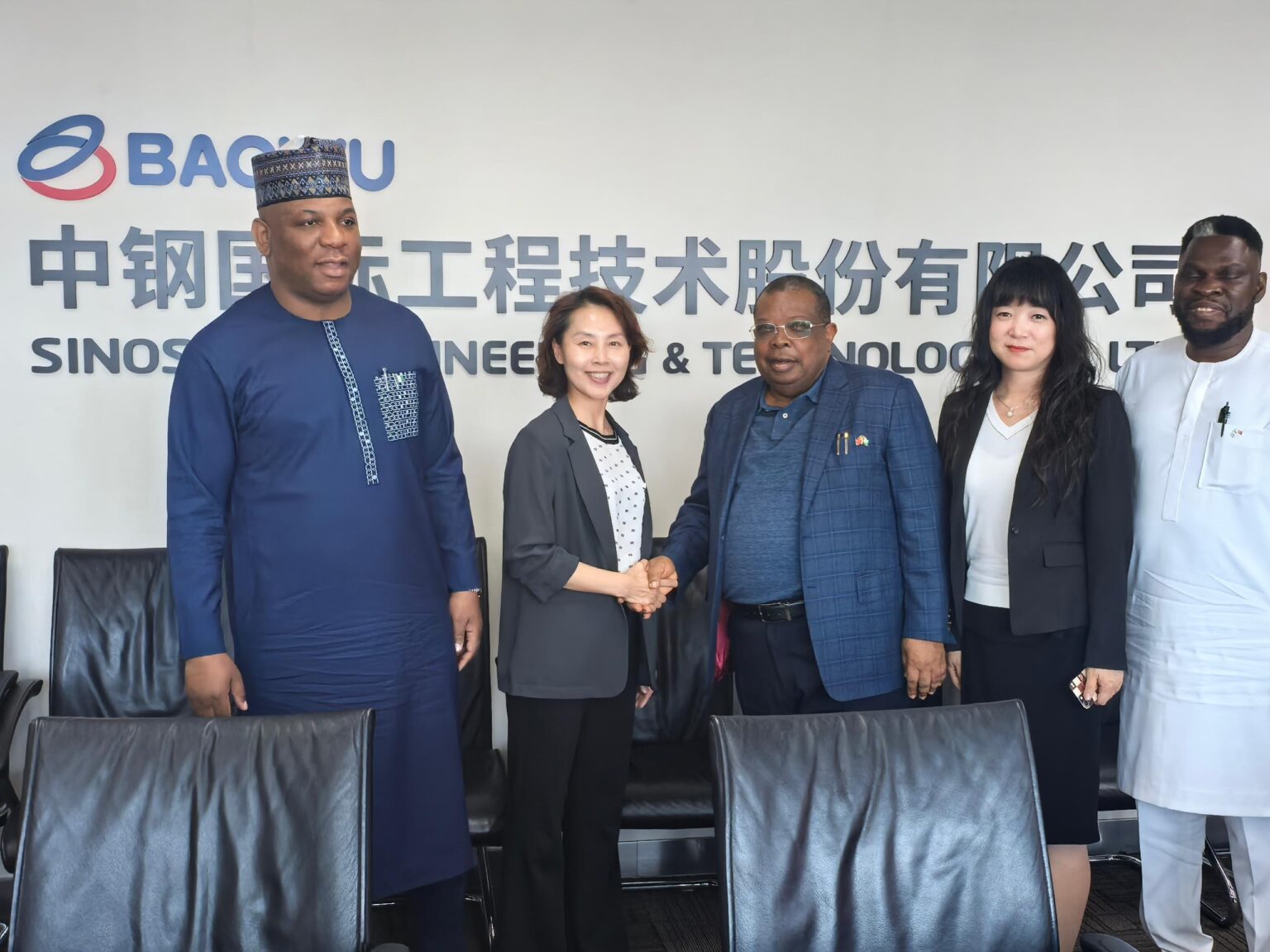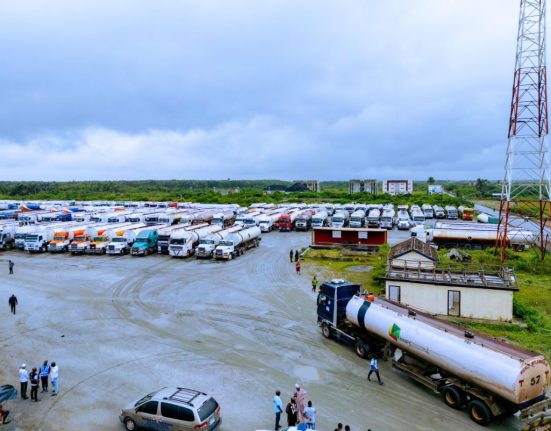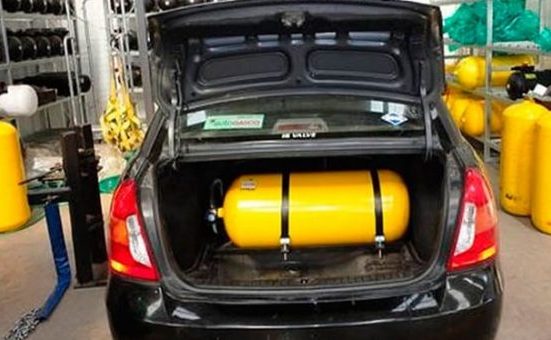Abuja, Nigeria – June 11, 2025 – In what could mark a turning point for Nigeria’s long-stalled industrial dream, the Federal Government has opened high-level discussions with a leading Chinese steel conglomerate to resuscitate the Ajaokuta Steel Plant, a strategic asset that has remained dormant for decades despite repeated attempts at revival.
The talks, led by top officials of the Ministry of Steel Development and representatives of one of China’s biggest state-owned steel companies, aim to chart a sustainable path for bringing the massive steel complex in Kogi State back into full operation.
Minister of Steel Development, Prince Shuaibu Abubakar Audu, who confirmed the ongoing engagement, described the Ajaokuta project as “critical to Nigeria’s industrialisation agenda” and reaffirmed the administration’s commitment to transforming the plant into a hub for local and regional steel production.
“We are in discussions with one of China’s most technologically advanced and financially capable steel firms, with a view to unlocking the full potential of Ajaokuta. President Tinubu’s administration is prioritising value addition and job creation across Nigeria’s manufacturing sector,” Prince Audu stated.
The Ajaokuta Steel Plant, built in the 1980s with Soviet assistance, was envisioned to be the bedrock of Nigeria’s industrial revolution. However, a series of policy inconsistencies, mismanagement, and legal disputes left the multi-billion-dollar facility largely idle, despite its near-complete infrastructure.
Sources familiar with the talks reveal that the Chinese partner is considering a phased investment model that includes rehabilitating key production lines, upgrading existing infrastructure, and possibly establishing an industrial park around the Ajaokuta corridor.
Officials say the plan aligns with the Renewed Hope Agenda of the current administration, which places a strong emphasis on reviving moribund national assets, boosting local production capacity, and reducing Nigeria’s reliance on imported steel products.
Analysts believe that if revived, Ajaokuta could generate over 10,000 direct jobs and thousands more in ancillary industries, while also saving Nigeria billions in foreign exchange currently spent on steel imports.
Further meetings and technical assessments are expected in the coming weeks, as both parties work toward a framework agreement that could finally breathe life into one of Africa’s most ambitious yet unrealised industrial dreams.







